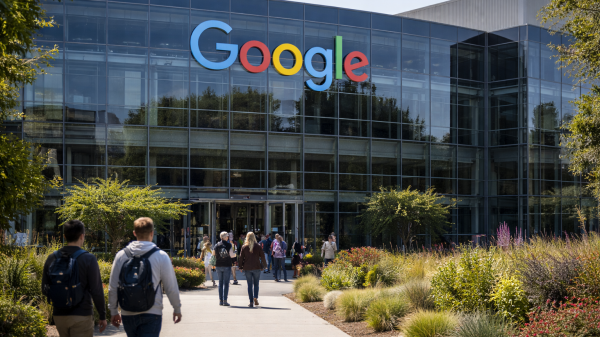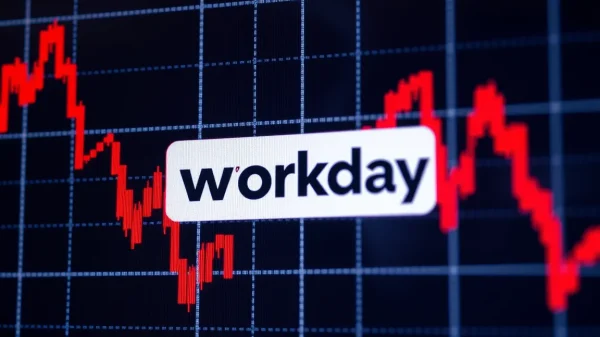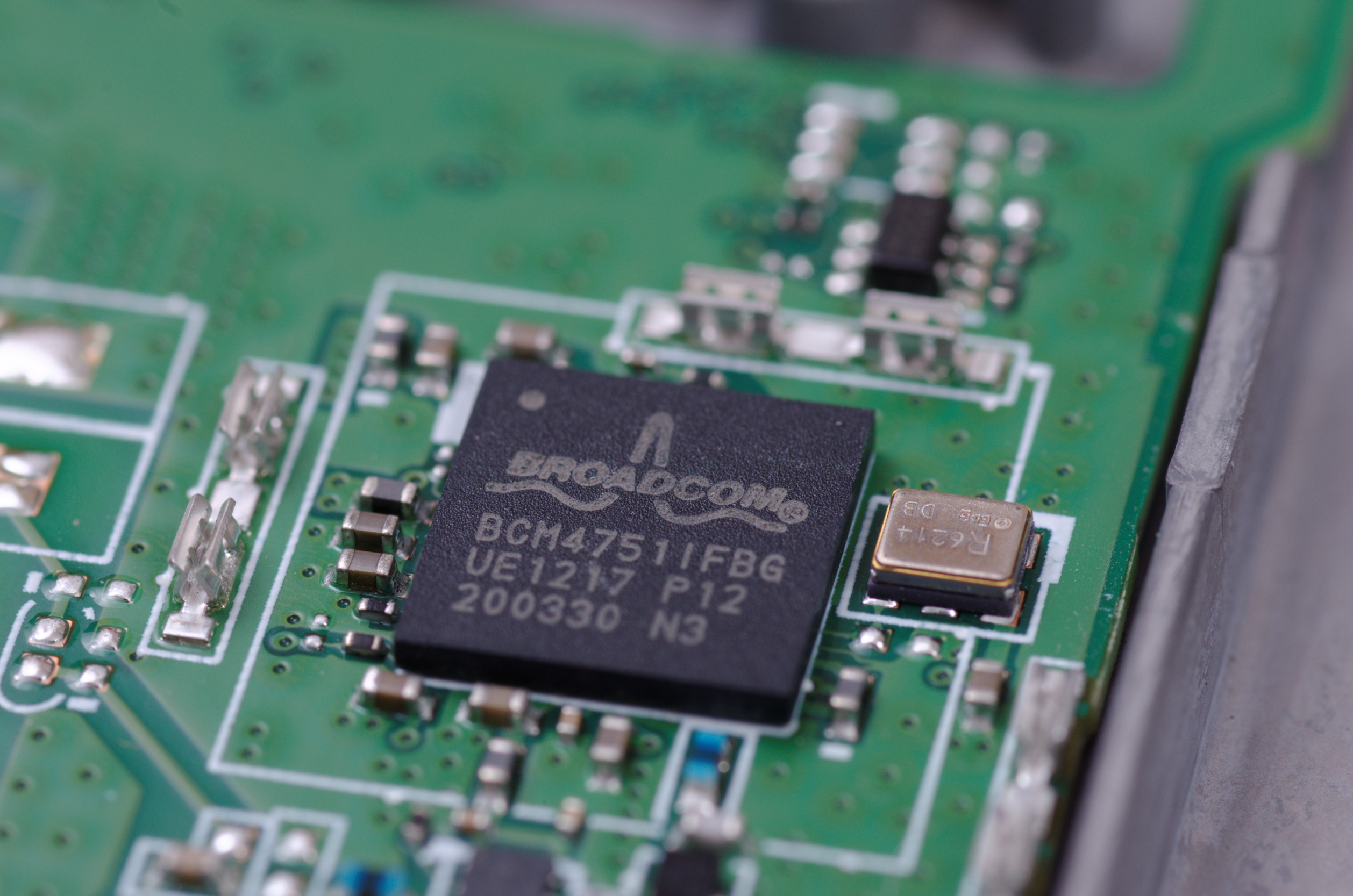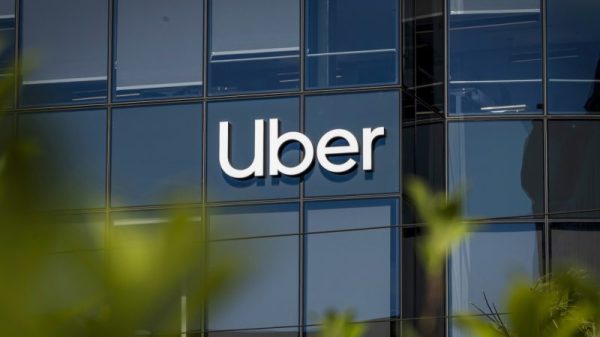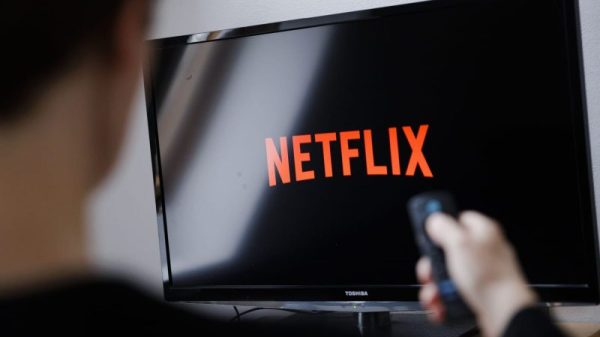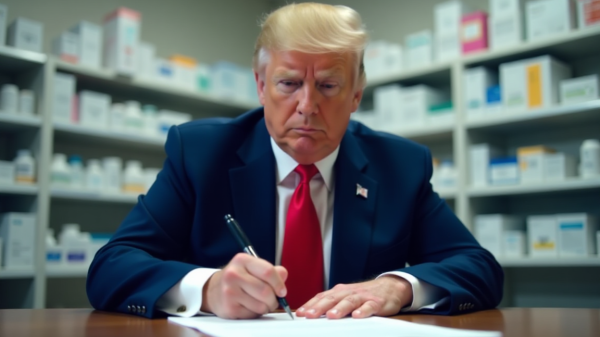Broadcom Inc (NASDAQ: AVGO) rallied more than 10% on Monday after OpenAI confirmed it has partnered with the chipmaker to co-develop and deploy 10 gigawatts of custom AI accelerators.
The announcement marks a major milestone in OpenAI’s infrastructure expansion, and follows 18 months of quiet collaboration with the San Jose-headquartered semiconductor behemoth.
Following today’s pop, Broadcom stock is up more than 140% versus its year-to-date low in April.
Why is OpenAI deal mega-positive for Broadcom stock
AVGO stock is pushing higher this morning because OpenAI is more than a chip supply agreement for Broadcom – it’s a strategic leap into the heart of artificial intelligence infrastructure.
The deal involves custom-designed racks of OpenAI chips built on Broadcom’s Ethernet stack – signaling a shift from Broadcom’s traditional networking dominance to full-stack AI compute.
On Monday, the company’s chief executive, Hock Tan, called OpenAI “the most-advanced frontier model builder,” underscoring the significance of this alignment.
The $10 billion order, though undisclosed officially, was widely speculated and now validated.
With hyperscalers like Google and Meta already on AVGO’s client list, this partnership cements its role as a foundational player in next-gen AI systems.
Investors responded accordingly, pushing Broadcom’s market cap past $1.5 trillion today.
AVGO deal is different from OpenAI’s agreements with Nvidia and AMD
Unlike OpenAI’s team-ups with Nvidia and AMD, which focus on procuring off-the-shelf GPUs, the AVGO partnership is about co-creating bespoke silicon.
OpenAI is designing its own chips, and Broadcom is manufacturing and integrating them into full systems – networking, memory, and compute included.
This vertical integration gives OpenAI control over performance, cost, and scalability.
In contrast, the NVDA transaction involves deploying 10 gigawatts of its Vera Rubin platform, while the AMD deal centers on six gigawatts of MI450 chips, with OpenAI taking a 10% equity stake in it.
AVGO’s role is more foundational – it’s not just supplying chips, it’s enabling OpenAI to build its own.
As Sam Altman put it, “If you do your own chips, you control your destiny.”
Meanwhile, a 0.73% dividend yield on Broadcom shares makes them even more attractive to own for the long term.
Does the Broadcom deal undermine Nvidia and AMD?
Not necessarily – but it does signal a strategic pivot. OpenAI’s move to design its own chips with Broadcom is a hedge against supply constraints and pricing pressure from dominant GPU vendors.
Altman has acknowledged that even with 30 GW of compute, demand would quickly saturate.
Nvidia’s chips remain essential, and Altman emphasized that the AMD deal is “incremental to our work with Nvidia”.
Still, AVGO entry into custom AI silicon could erode Nvidia’s near-monopoly over time.
AMD’s equity-linked deal shows OpenAI’s utter commitment to diversify and deepen its supplier relationships.
Broadcom’s approach – building tailored systems from the ground up – may offer better efficiency and cost control, making it a compelling alternative as AI workload grow more complex.
Note that Wall Street currently has a consensus “buy” rating on AVGO shares.
The post How OpenAI’s Broadcom deal differs from its deals with Nvidia and AMD appeared first on Invezz




